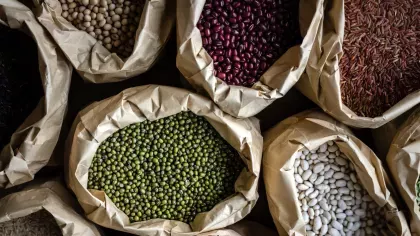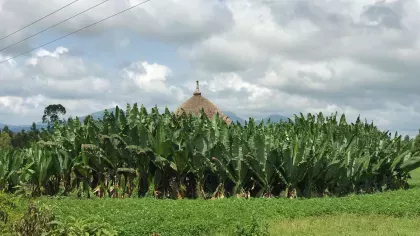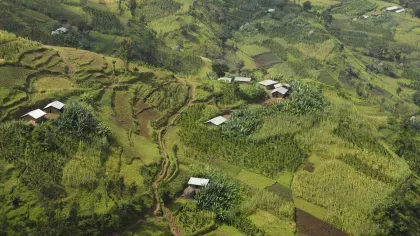18 June 2019
Climate change resilience in southern Ethiopian crops
A new project aims to understand the adaptation of local crops in Ethiopia.

Food production in the southern Ethiopian highlands depends upon unique cropping methods developed by local farmers over thousands of years.
By growing a complex mixture of annual and perennial plants, farmers ensure a constant supply of food for their families. They nurture a green and verdant landscape supporting a dense population. This part of Ethiopia has not experienced famine in living memory.
However, Ethiopia’s mean annual temperature increased by 1.3°C between 1960 and 2006 and is projected to increase by up to 3.1°C by the 2060s. The viability of some crops is already being affected in parts of the southern highlands.
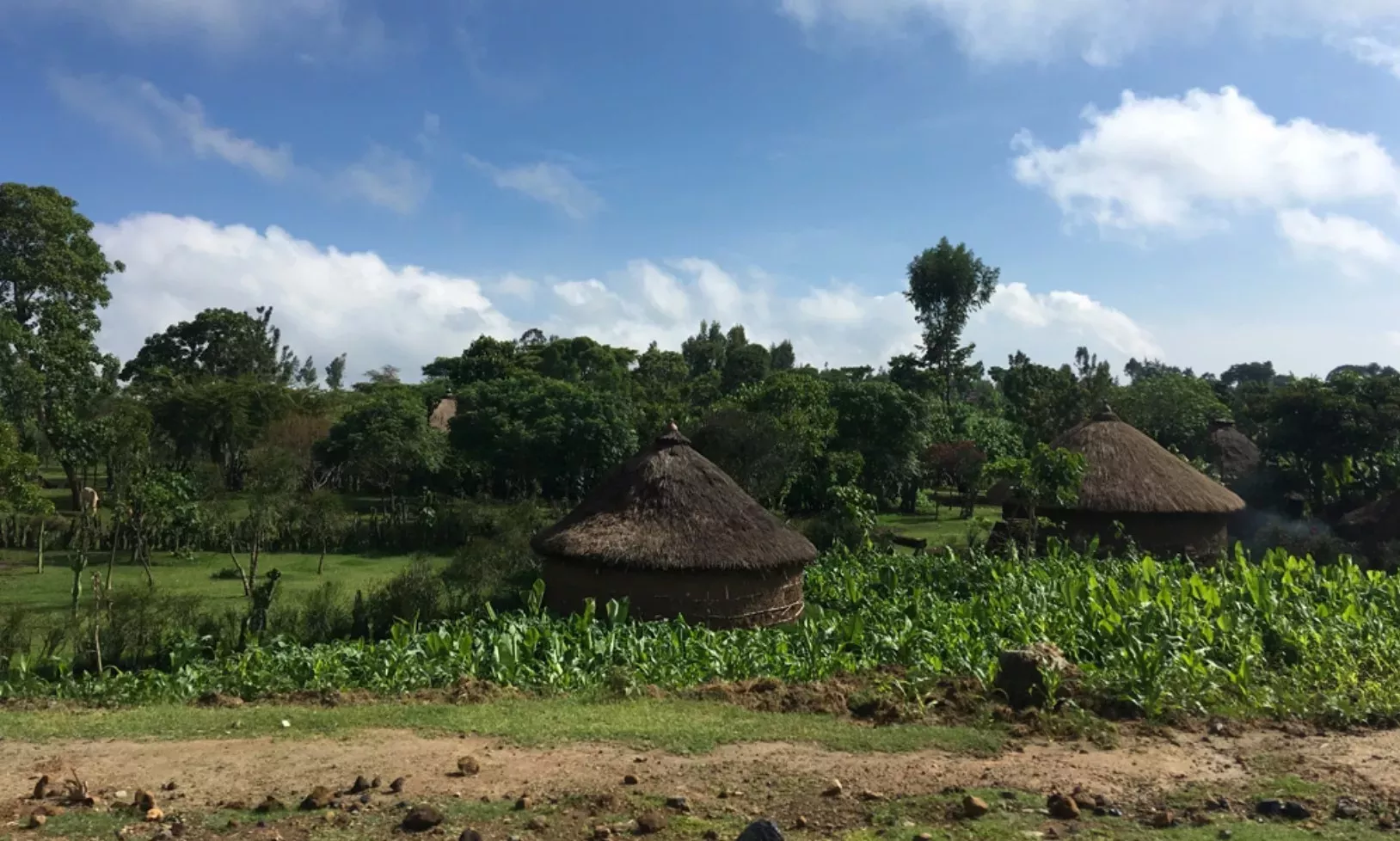
Understanding local crops
Kew scientists and collaborators from the University of Greenwich and Queen Mary University of London visited the region last month to launch a new project to understand the adaptation of local crops to their environment and predict how the effects of climate change could be mitigated.
This builds on an ongoing project on ensete, the false banana. Ensete is a keystone species in the agri-systems of southern Ethiopia grown for food, fodder, fibre and shade for other crops.
The new project also examines ten crops commonly grown in association with ensete, which include: cabbages, potatoes, yams, maize, coffee, avocados, beans, bananas, pumpkins and barley.
Interviews with farmers will document what species and varieties of crops they grow. The project team conducted some practice interviews to inform a strategy for efficient data collection and a realistic experimental design.
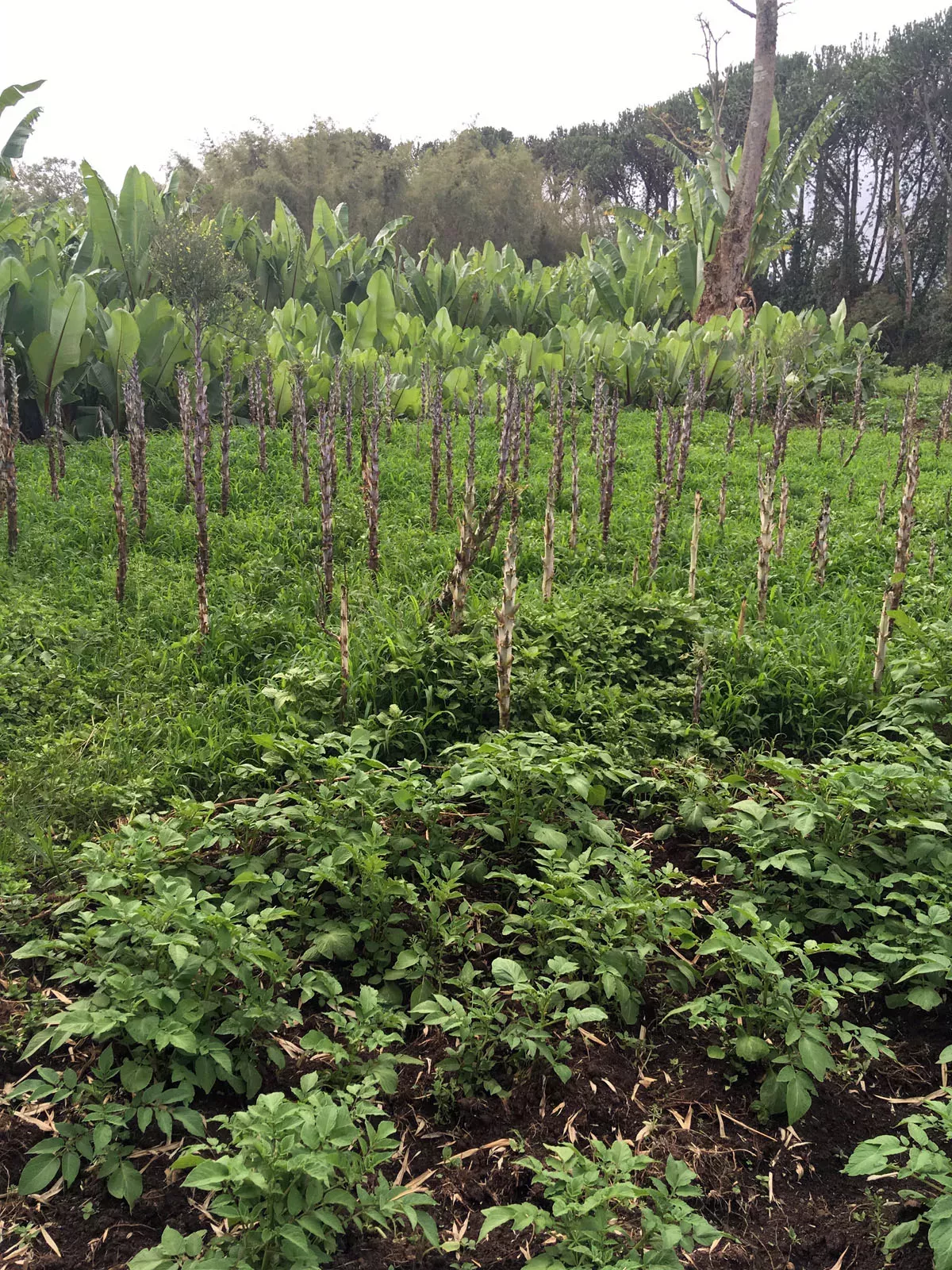
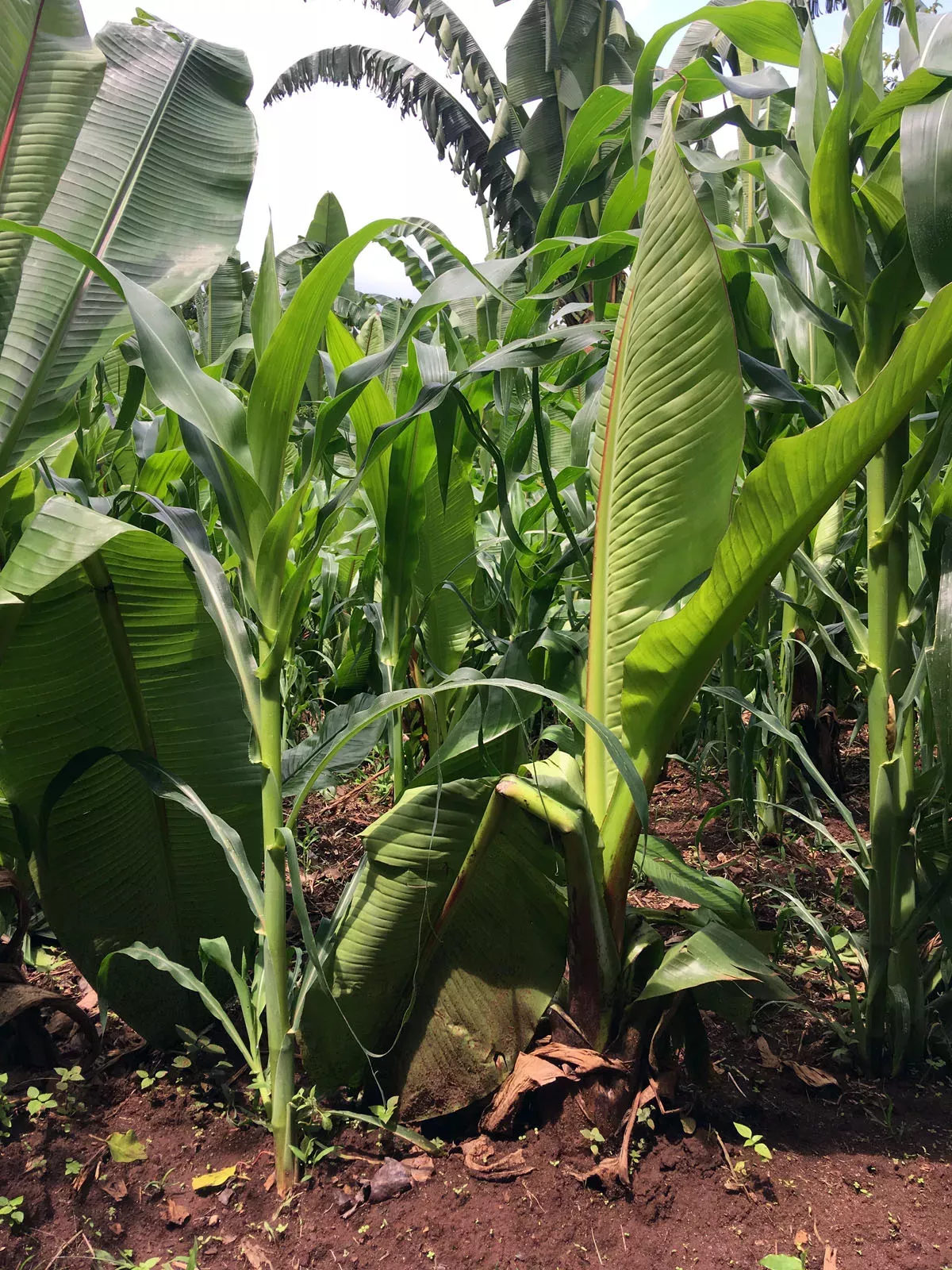
Project launch
While in Ethiopia, the UK team held a launch meeting for the project, together with partners from Addis Ababa University, Hawassa University and the Ethiopian Biodiversity Institute. The meeting was opened by Ato Ayano Beraso, President of Hawassa University, and was attended by many Ethiopian scientists working on southern Ethiopian agri-systems, whose work has laid the essential foundations for the new project.
Soils will be analysed to understand how their quality is affected by the different cropping regimes on different farms. The project will also examine genetic variation of the ten crop species, seeking to understand how some of this is adaptive to local environments. This may allow future projections of which crops and varieties will do best in different areas under climate change.
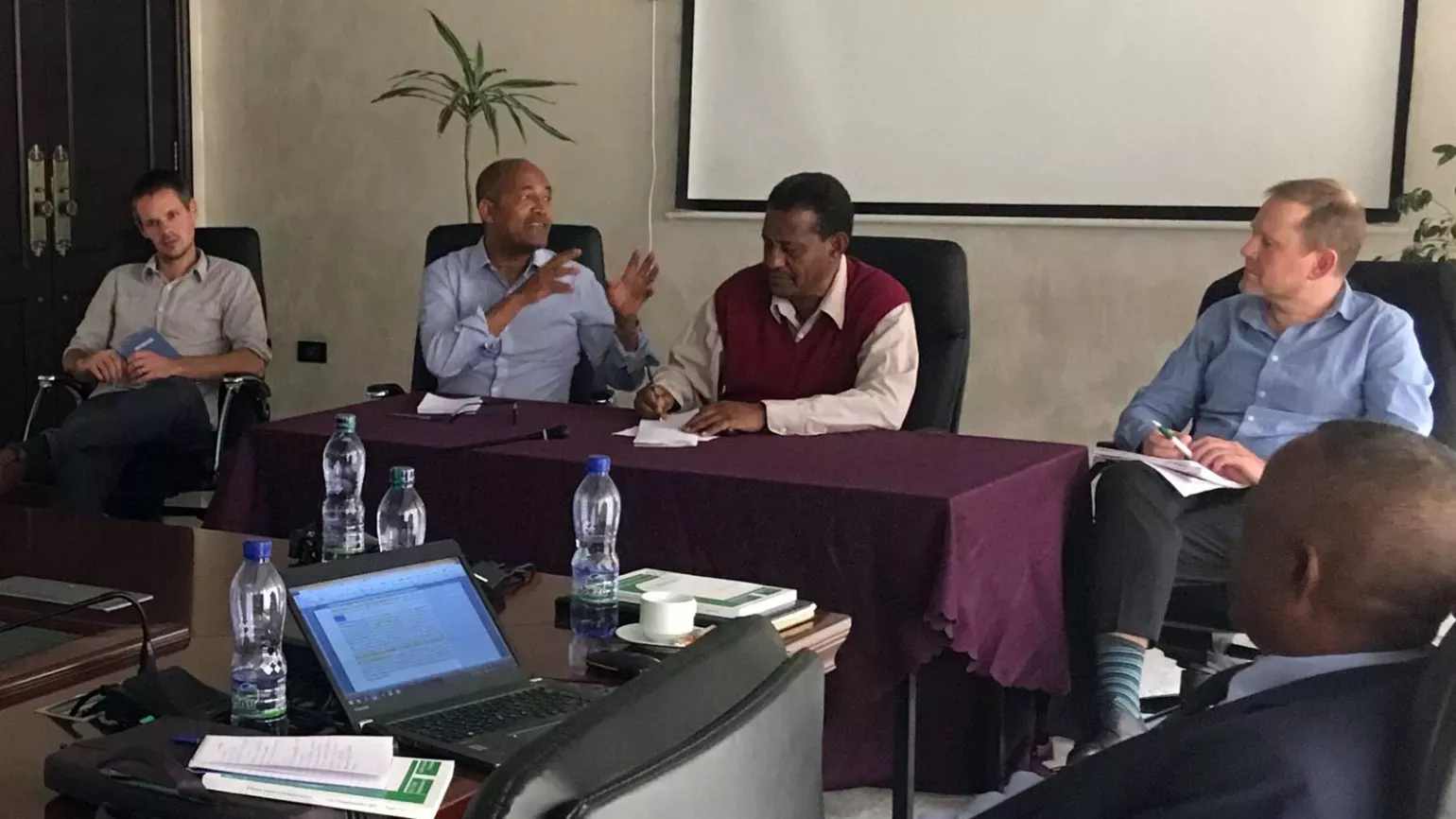
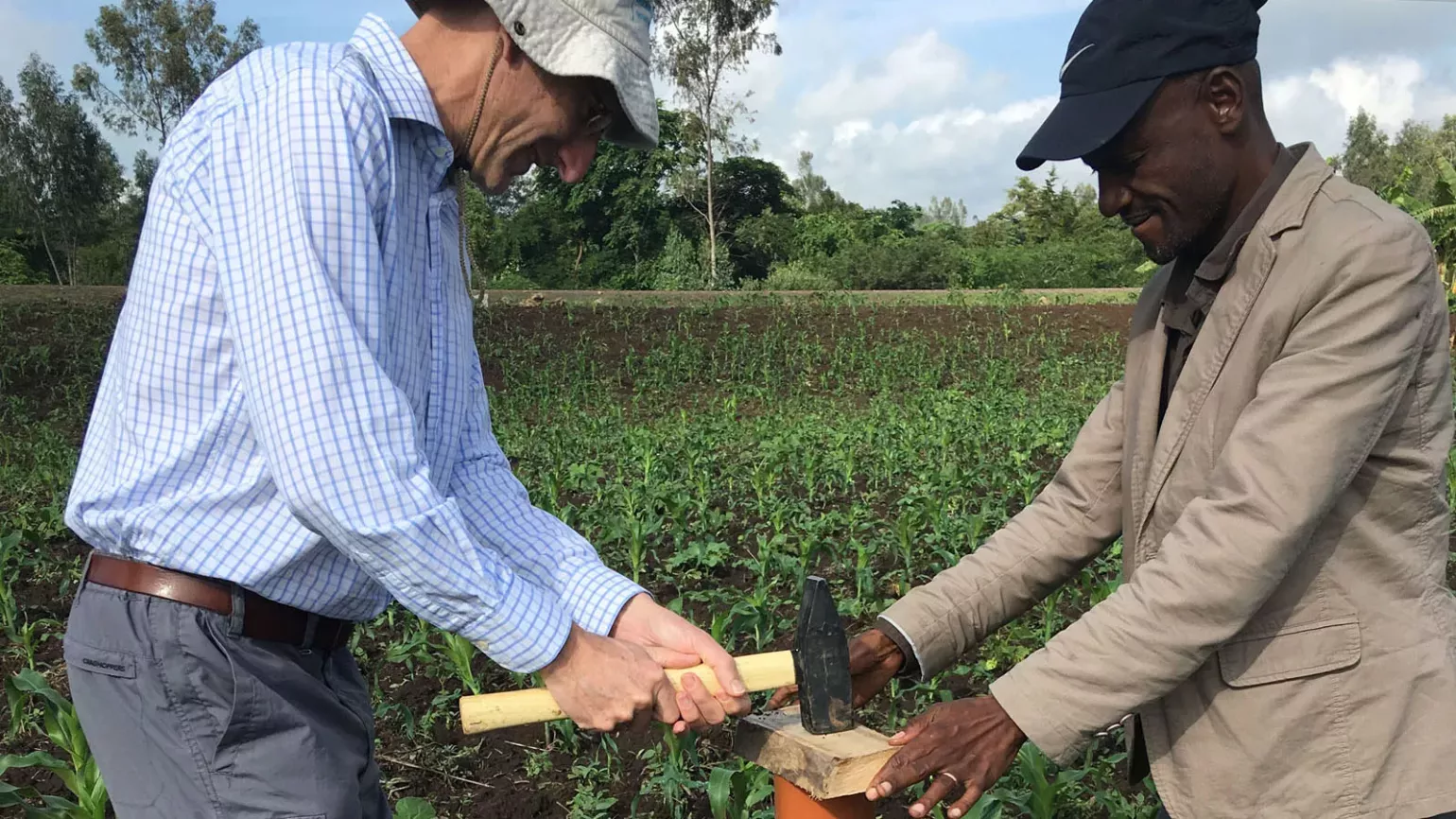
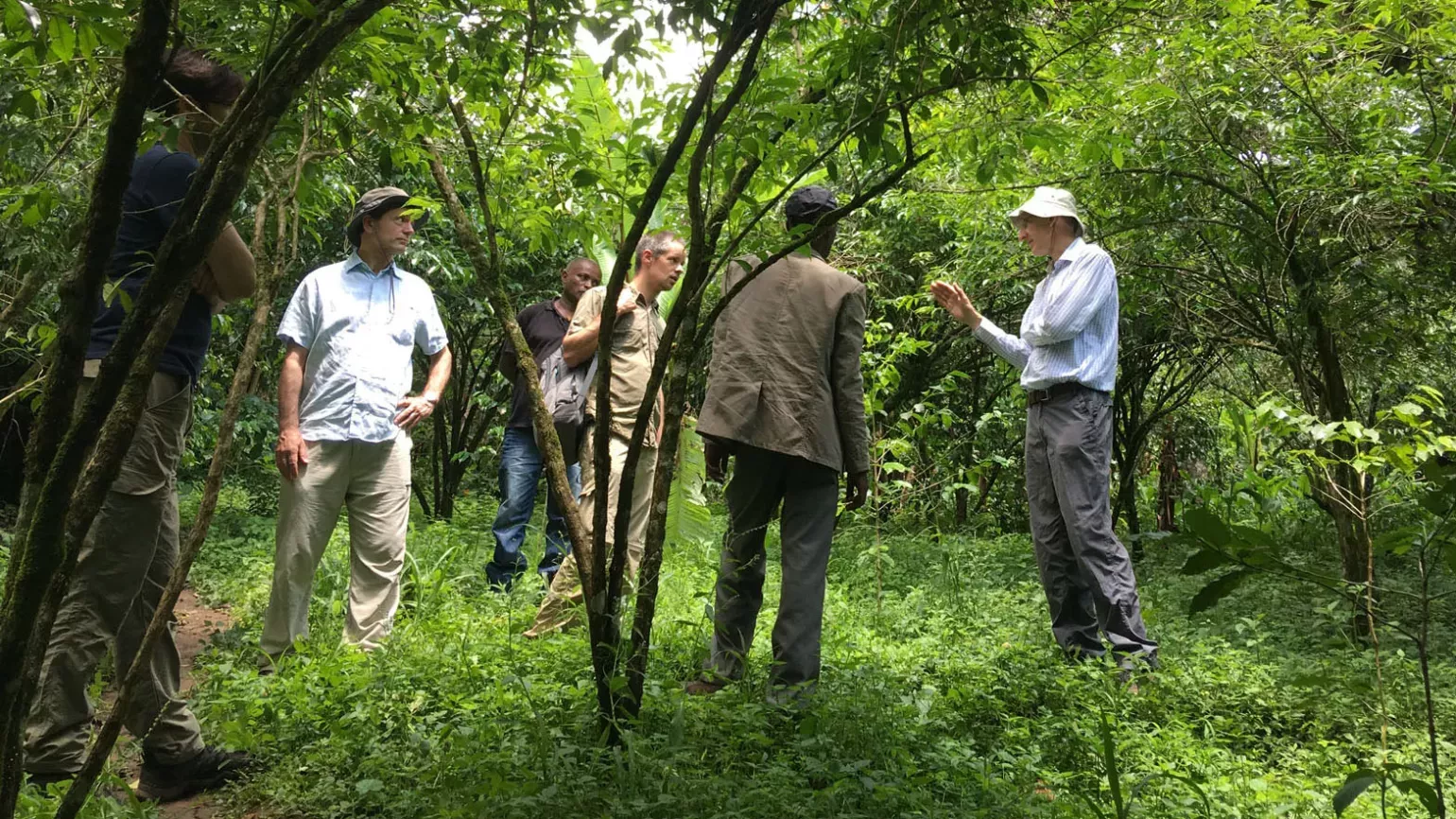
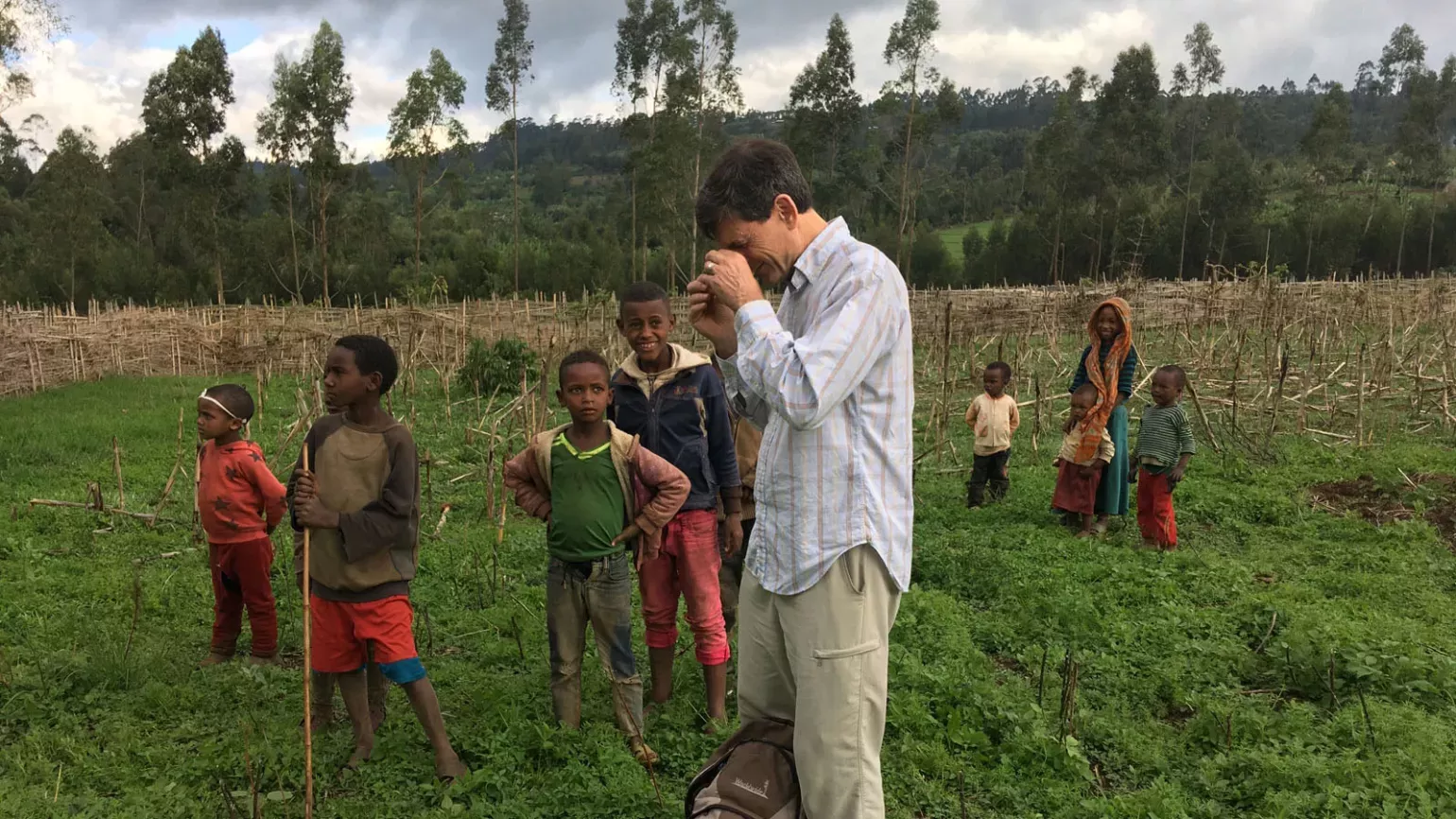
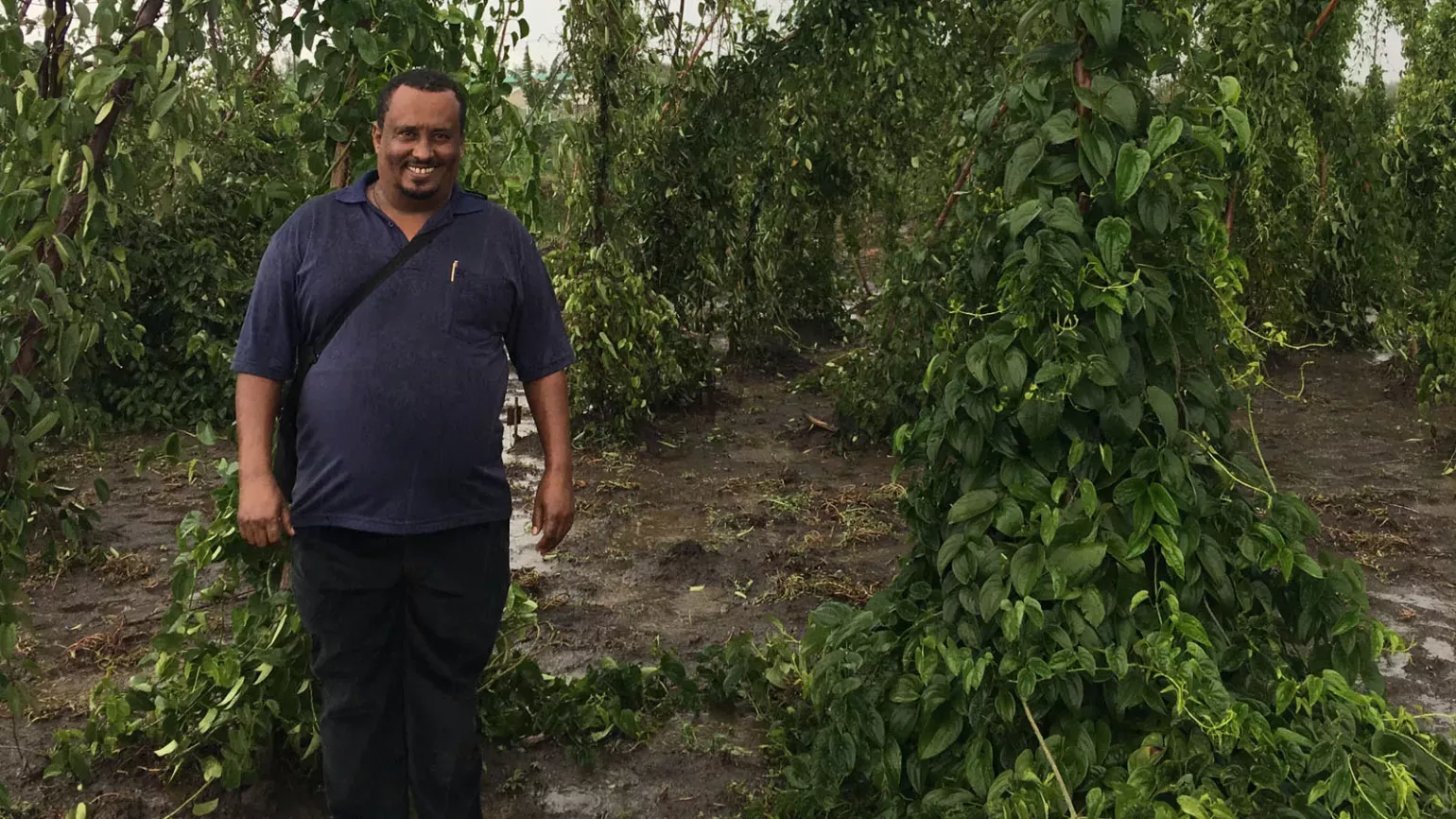
Acknowledgments
The project 'Landscape scale genomic-environment diversity data to model existing and novel agri-systems under climate change to enhance food security in Ethiopia' is funded by the UK Government's Global Challenges Research Fund via the BBSRC.

